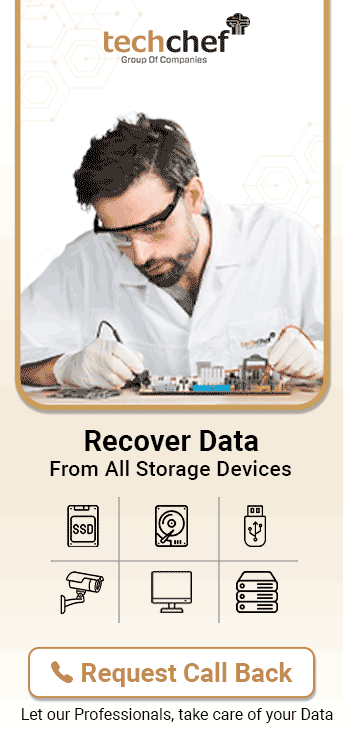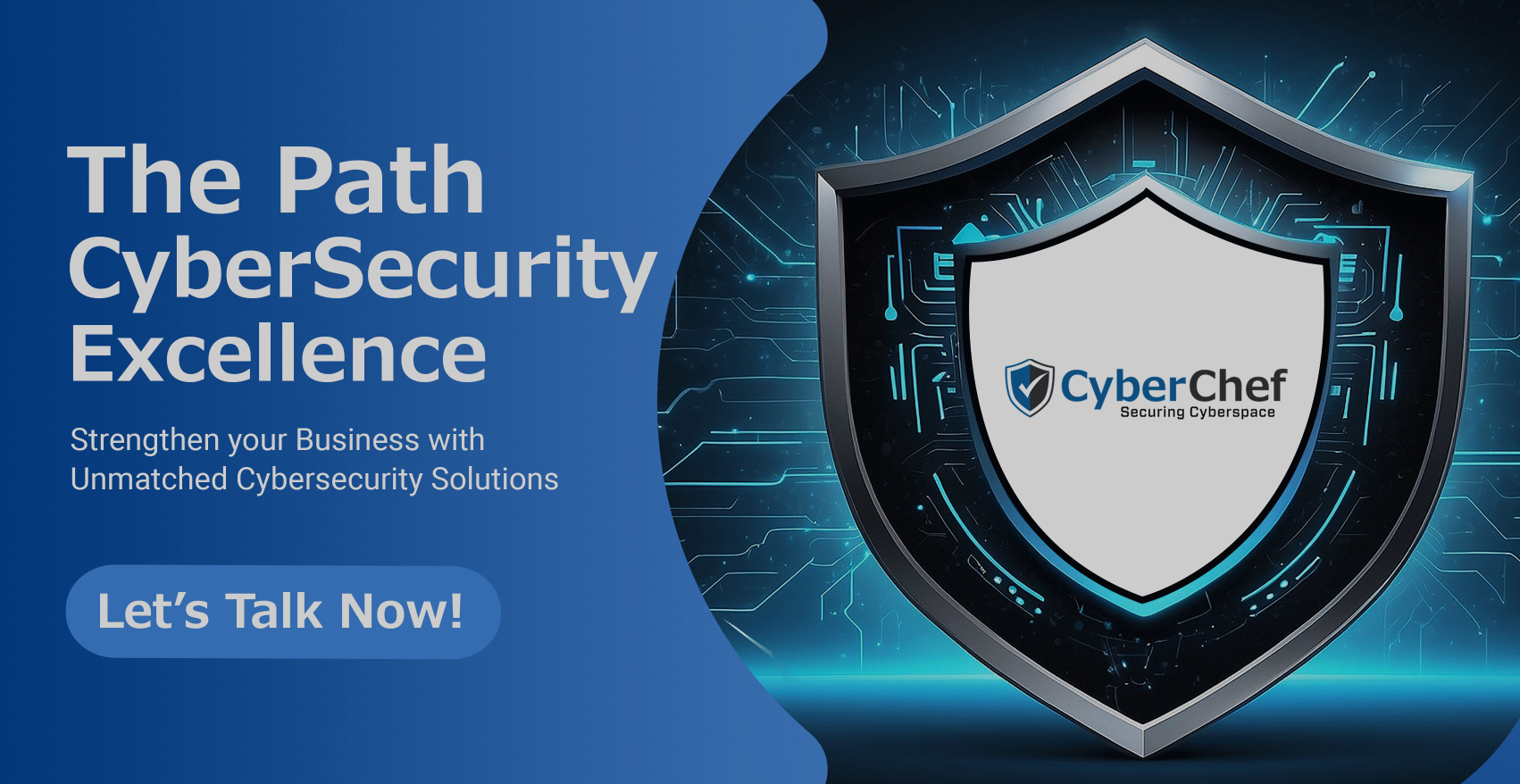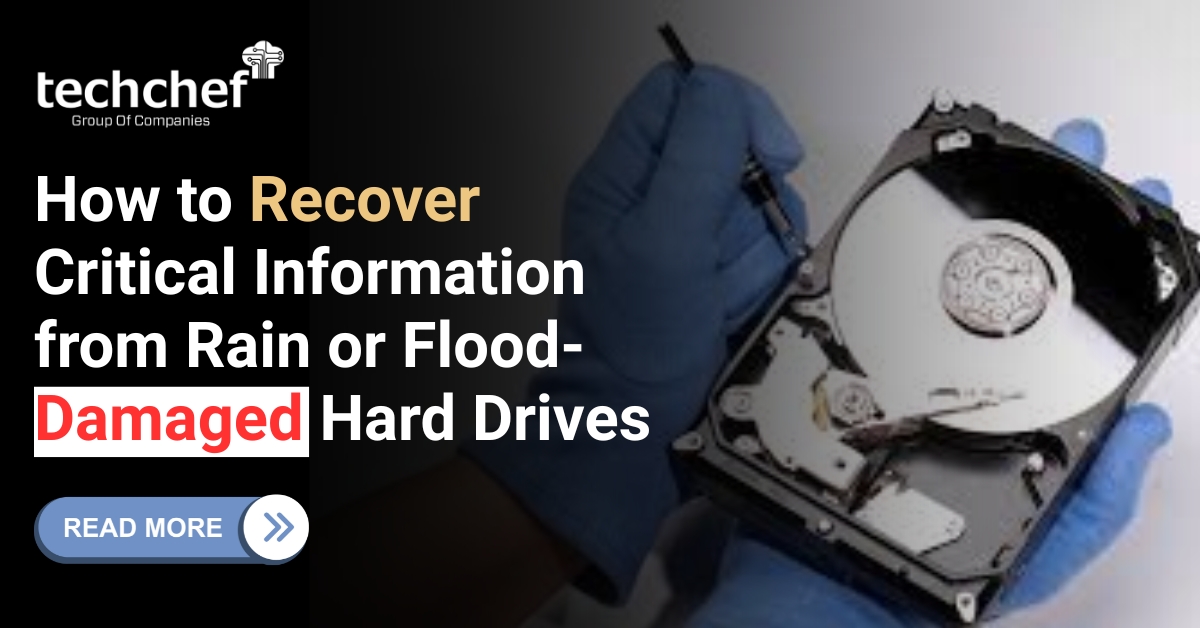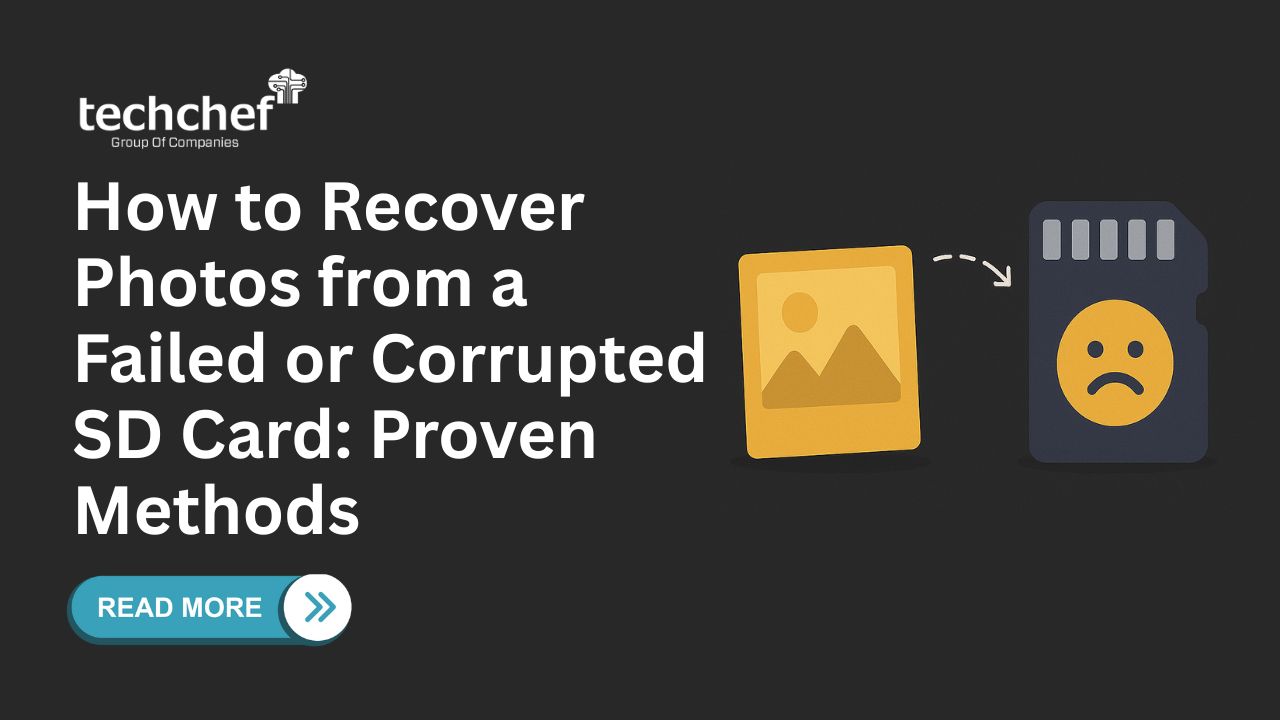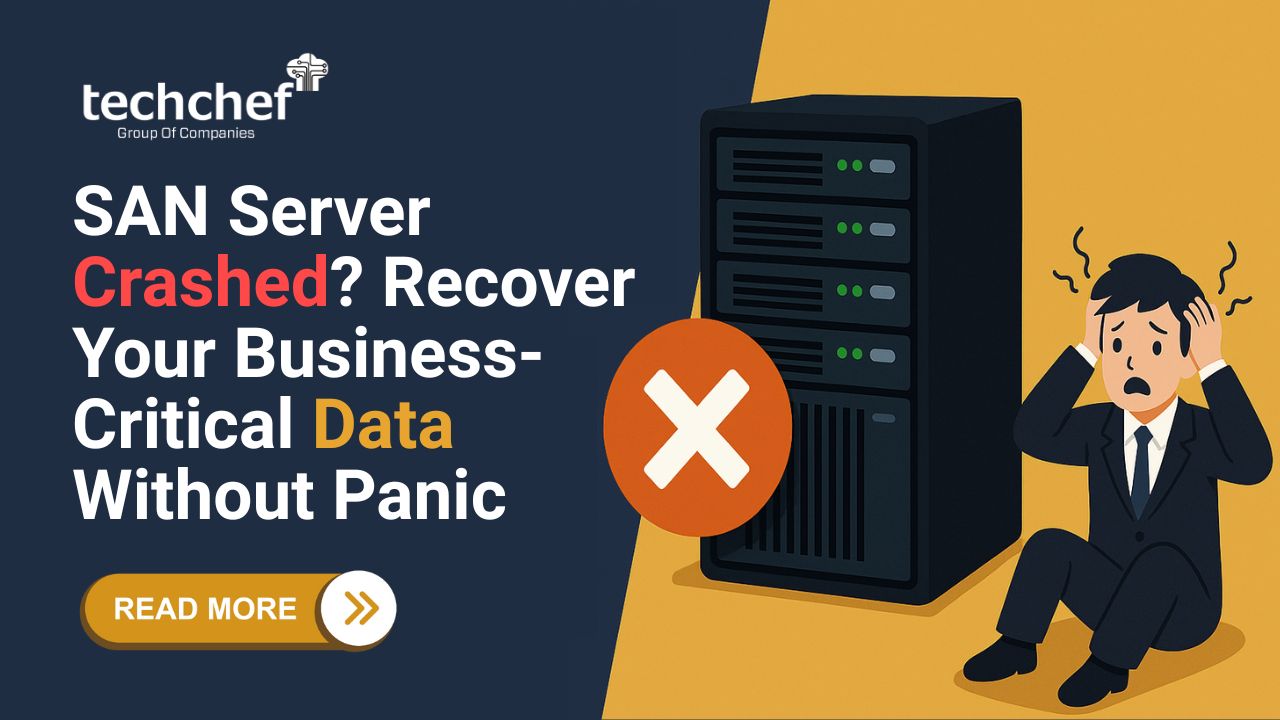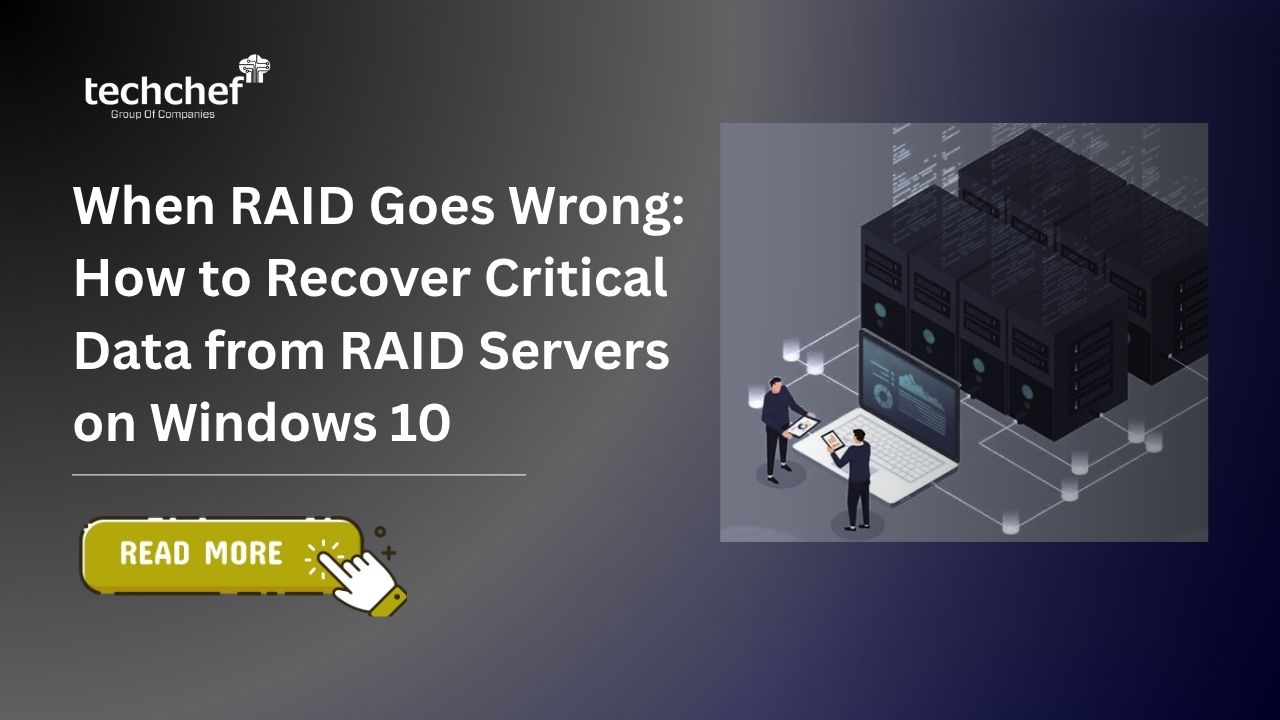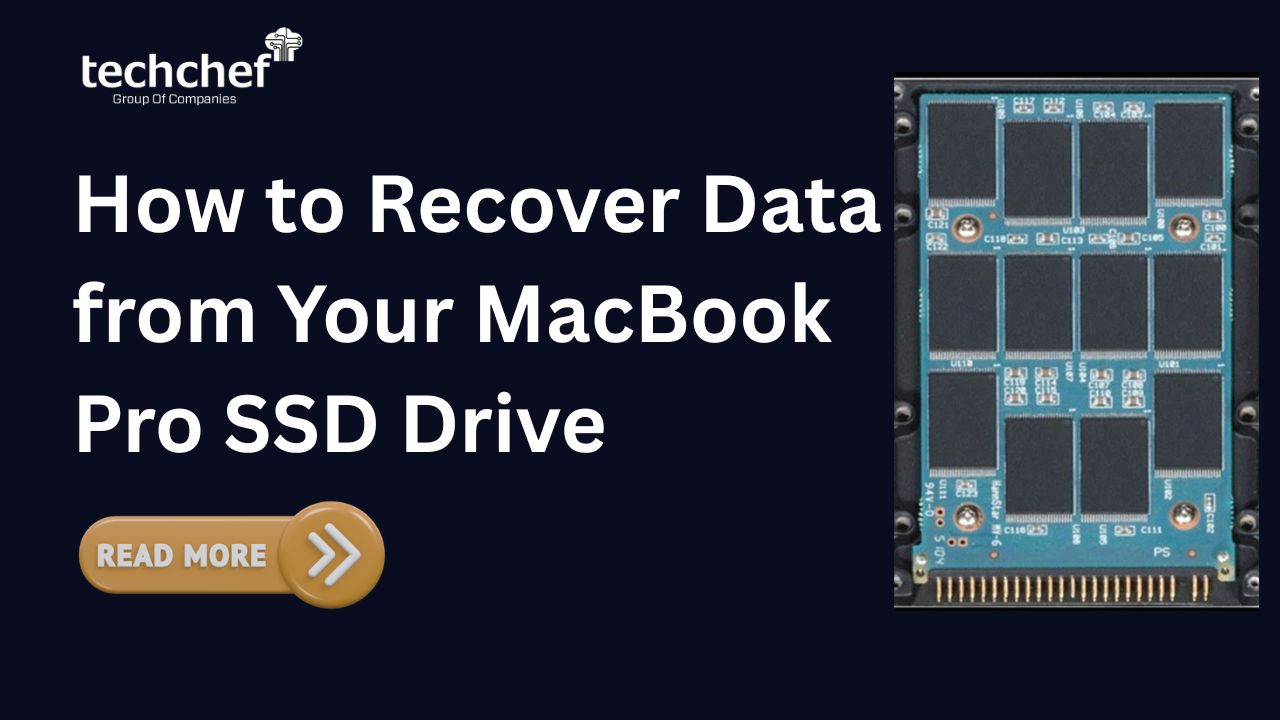An undetected SSD can contribute to overall system instability. Applications and processes that depend on data stored on the SSD may fail to execute correctly, leading to crashes or errors in the operating system.
From loose wires to physical damage, reasons for SSD non-detection vary. Our article guides you through recovering undetected SSDs in the BIOS and provides insights and solutions to help you regain access to your data.
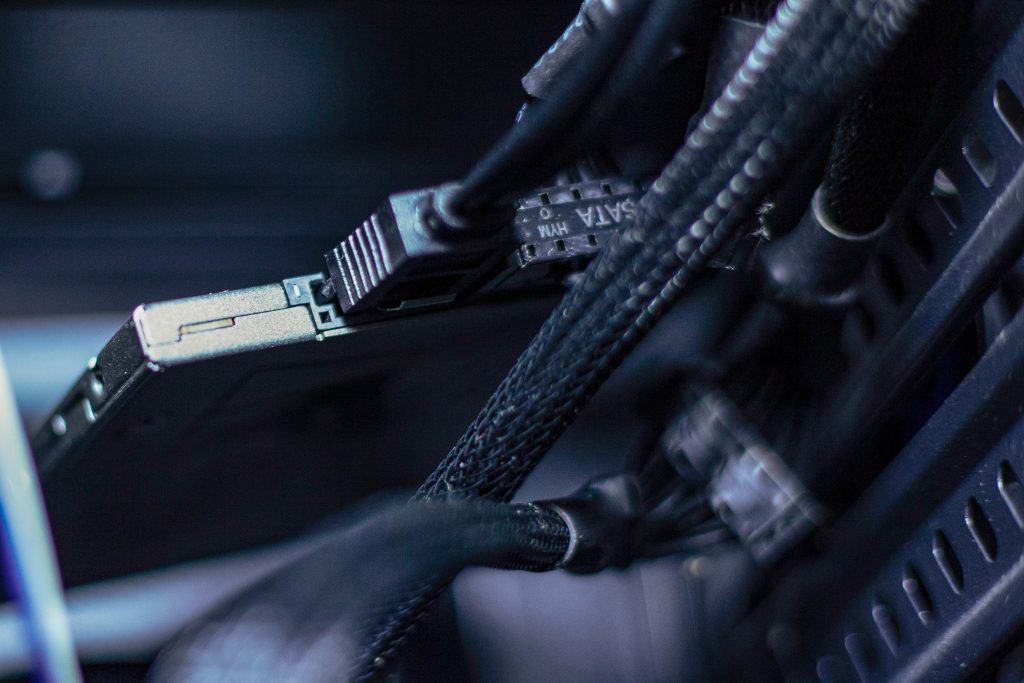
Common Reasons For SSD Not Being Showing up on BIOS
When we power on our computer, the BIOS (Basic Input and Output System) or UEFI (Unified Extensible Firmware Interface) helps to open the operating system. It manages data flow between our operating system and attaches storage devices such as HDDs or SSDs, keyboards, and mice.
When an SSD is undetected on BIOS, it means the system’s basic input/output system is not recognizing the presence of the SSD during the startup process. When we cannot access our SSD in our operating system, the first and foremost challenge is to identify the problem. There are various reasons why our operating system is unable to recognize SSD; some of the common ones are:
Connection Issues: Ensure the SSD is properly connected to the motherboard and power supply. Loose cables or faulty connectors can lead to undetected SSDs.
Faulty SATA Port or Cable: SATA ports or cables may be damaged or malfunctioning, preventing proper communication between the SSD and the motherboard.
BIOS Settings: Check the BIOS settings to ensure that the SATA port to which the SSD is connected is enabled. Sometimes, misconfigured settings can lead to non-detection.
Firmware Issues: Outdated firmware on the SSD may cause compatibility issues with the motherboard. Updating the SSD firmware can resolve such problems.
Drive Format Issues: If the SSD is new, it might need to be formatted. Go to Disk Management in Windows or Disk Utility in macOS to check the status of the drive.
SSD Failure: SSD failure can be the cause of the SSD not being detected in the BIOS. Pay attention to the error message your operating system gives before it goes undetected.
Quick Fixes for SSD Detection Issues
Here are some tips that we can apply when facing the situation of the SSD not showing up in the BIOS:
Check Connections: Loose or faulty cables can lead to undetected SSD issues. Reconnect the cables or try using different ones to rule out physical connection problems.
Hard Reboot: Disconnect the power supply and hold the power button for a few seconds. Reconnect and restart the system. This hard reboot can help restart unresponsive devices.
Use a USB Adapter: Connect the undetected SSD to another computer using a USB-to-SATA adapter. This can help identify whether the issue lies with the SATA port or the SSD itself.
Try Another Computer: Connect the undetected SSD to another computer to determine if the SSD is recognized elsewhere; the problem may lie with the original system
Update Device Drivers: Outdated or incompatible drivers can cause SSD undetection. Visit the device manager and check for driver updates.
Steps to SSD Data Recovery
Despite quick fixes, if your SSD remains undetected and unable to access data, the focus should shift to data recovery. Here are some tips for SSD data recovery:
Step 1. Search for the Reason: If the SSD is not recognized in another operating system, the SSD can be faulty or failed.
Step 2. Use Backup: If you have a backup of all important data on another device, then use it.
Step 3. DIY Options: If your SSD doesn’t have any important data, then you can try changing the drive letter or formatting the drive by using the built-in tools of your operating systems.
Step 4. Take Help from Experts: If you need data urgently or have sensitive data, then it is advisable to get help from professionals. Experts like Techcef Data Recovery have specialized tools and expertise to recover data from malfunctioning SSDs.
Final Words
Implementing quick fixes and, when necessary, seeking expert assistance can help recover data from SSDs that are being unrecognized for any reason due to SSD failure or firmware issues.
If you find yourself unable to access data stored on your SSD, whether it’s an external hard drive or an internal SSD, feel free to reach out to us at Techchef Data Recovery. We specialize in recovering data from various SSD models, spanning from SATA to NVMe, and have successfully tackled diverse data loss scenarios, from undetected SSDs to complete SSD failures.
For expert consultation, please call us at 1800-313-1737 and get benefit from the insights of our experienced professionals.
FAQs.
What does it mean when an SSD is “undetected on the BIOS”?
When an SSD is undetected on BIOS, it means the system’s basic input/output system is not recognizing the presence of the SSD during the startup process.
What are common reasons for an SSD to be undetected on the BIOS?
Common reasons for an SSD to be undetected on the BIOS include loose cable connections, outdated BIOS firmware, incompatible hardware, or a malfunctioning SSD.
Can a failed SSD be recovered if it’s undetected in the BIOS?
Yes, a failed SSD can be recovered if it’s undetected in the BIOS. Professional data recovery services can help you recover undetected SSDs in the BIOS, but the success of the recovery depends on the severity of the damage to the SSD.
Is it possible to recover data from an SSD without professional assistance?
DIY attempts may be made, but it’s important to be cautious. It is advisable that if it fails to recover data on the first attempt, don’t try it multiple times. Instead, this takes help from professionals; data recovery services have the expertise and tools for a higher success rate.
Is it advisable to contact professional data recovery services for undetected SSD issues?
If DIY methods are unsuccessful or if the data is crucial, seeking professional assistance from data recovery experts is highly recommended.

